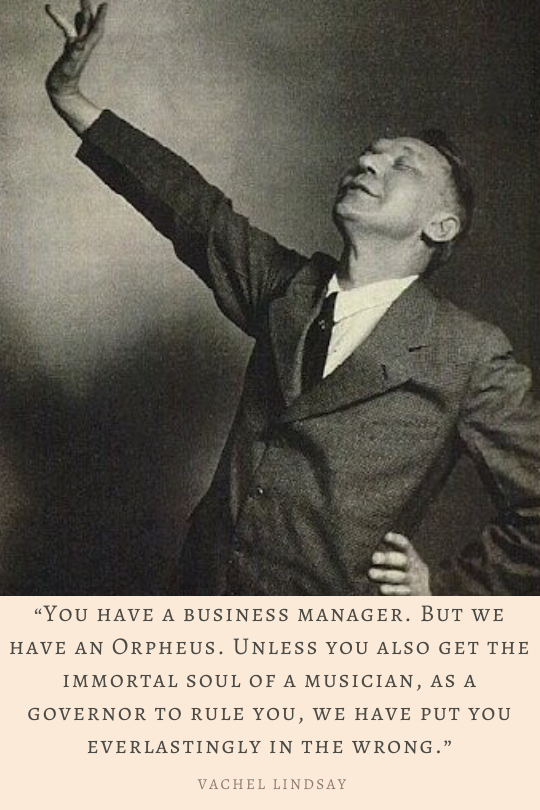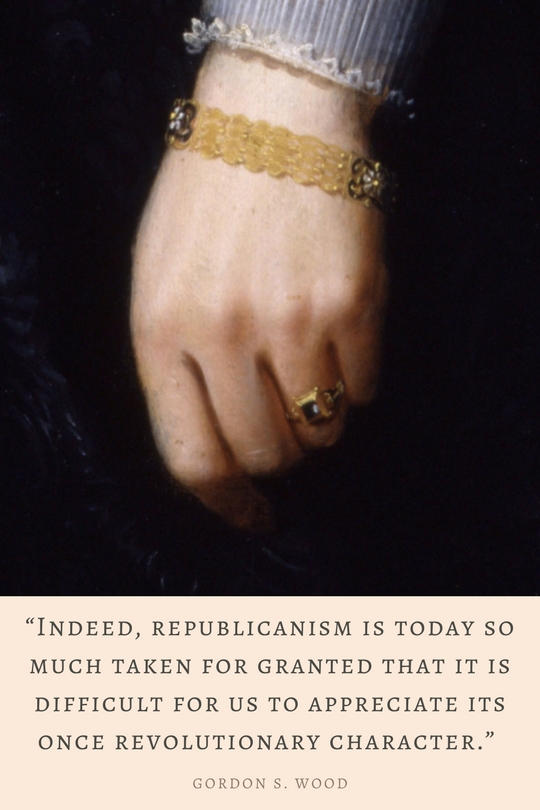Theosophy in Italy and Under Fascist Rule | The Prefect of Genoa Report (1939)
HISTORY OF THE ITALIAN THEOSOPHICAL SOCIETY DURING WORLD WAR AND UNDER FASCIST RULE, INCLUDING THE PREFECT OF GENOA’S REPORT JAN 1939
–
HELENA P. BLAVATSKY frequently visited Italy, in namely Bologna, Bari, Trieste, Venice, Rome, and Naples. Many of her acquaintances in Italy became members of the Theosophical Society. In 1851, H.P.B. met Giuseppe Mazzini, and at the “Battle of Mentana” (Rome) in 1867, she participated with volunteers, alongside the troops of Giuseppe Garibaldi.
Both were Italian patriots, during the Risorgimento period. Through the Italian philosopher and Catholic priest, Antonio Rosmini-Serbati (1797-1855) and his Rosminians, Italy had an expression of Theosophy before the T.S. founding. After Antonio Rosmini-Serbati’s death, a work of eight volumes was published, under the title “TEOSOFIA.”
This is indicative of the programme here, as to the 18th century Theosophists, French Illuminés, and spanish Alumbrados. Instead, Antonio Rosmini-Serbati and the Rosminians, were condemned and opposed, by the Jesuits. Pope Leo XIII condemned forty of Rosmini’s propositions in 1887. In 1998, Pope John Paul II in the encyclical Fides et Ratio, named Rosmini one of the greater Christian thinkers. Rosmini was beatified 18 November 2007 in Novara, Italy.
The authorization for benediction, was decreed by Pope Benedict XVI 3 June 2007. Rosmini was declared to be “Venerable.” Antonio Girardi and Edoardo Bratina, in their Theosophy in Italy contribution to the Theosophical Encyclopedia suggest, that the rapid growth of Theosophy in Italy is connected to the Rosminians. Helped by Alfredo Pioda, who established the first Theosophical Center in Switzerland, J. Murphy established the first Theosophical Center in Milan in 1890.
Alfredo Pioda began the magazine, La Nuova Parola. The first Lodge and library was established in Rome, 1897, by C.A. Lloyd and Decio Calvari, who was the secretary of the Italian Parliament. Lodges were established in Genoa and Palermo by British Consul, Macbean Reginald Gambier. Isabel Cooper-Oakley, later establishes lodges in Milan, Florence, Naples, Torino and Rome.
Theosophy during Fascist Italy
Theosophical Encyclopedia: “During World War I (1914-18) the activity of Italian Lodges was considerably reduced because of military service (in which several members died) and the shortage of paper for publishing the Section’s magazine and books. At the end of the war, membership and the number of Lodges increased, as did the printing of books. Theosophy flourished until the advent of the Italian Fascist government, which adopted Nazi race discrimination and persecution of Jews. In order to continue the work of the Society in Italy, the General Secretary, Tullio Castellani, proposed to abolish the first aim of the Theosophical to avoid a clash with the law. In a memorable meeting of representatives of almost all Lodges in Italy on November 20, 1938, that proposal was rejected. The Fascist government ordered the dissolution of the TS in Italy by a decree issued by the Prefect of Genoa. However, members meetings continued secretly from time to time in another place, but this did not escape the notice of the police and several members were threatened with internment, harassed, and some were imprisoned and deported to Germany. Some did not survive. The following is the text of the decree abolishing the TS in Italy issued by the Fascist government”
‡
THE ROYAL PREFECTURE OF GENOA
The Prefect. According to the report of the local police headquarters of 30th November 1938-XVII it appears that the Italian Theosophical Society in the greatest part of its members is composed of persons who show little comprehension of the basic principles of Fascism and carry on an activity often in opposition to the politics of the National Government under the pretext of spiritual studies. Considering that many members of the Italian Theosophical Society far from pursuing any high ideal indulge, especially of recent times, in sectarian and demagogical manifestations; pursuant to the telegram by the Hon. Home Ministry n. 470-442 of 4th January 1939-XVII and according the article 210 of the law in force, of the civil police.
DECREES
The Italian Theosophical Society with its central seat in Genoa, Piazza del Ferro, 3 is dissolved; consequently are dissolved all Groups of the same Society extant at Genoa under the title ‘Giordano Bruno’ and in the following towns: Bari, Forlì, Milan, Rome, Turin, Florence, Venice and Trieste. “The police inspectors of Genoa and of the other aforesaid towns are ordered to execute this decree. Genoa, 14th January 1939-XVII.
⁂
The president, George S. ARUNDALE, appointed Giuseppe Gasco as presidential agent in Italy, and he held the office until the end of World War II (1939-1945). Thereafter, Gasco was elected General Secretary until his retirement in the year 1956. Immediately after the war, the Section experienced a great renewal of activity, with new Lodges, an increased number of members, and the publishing of Theosophical books.”
Reference
¹Girardi, A., Bratina, E. (2006). Theosophy in Italy.










